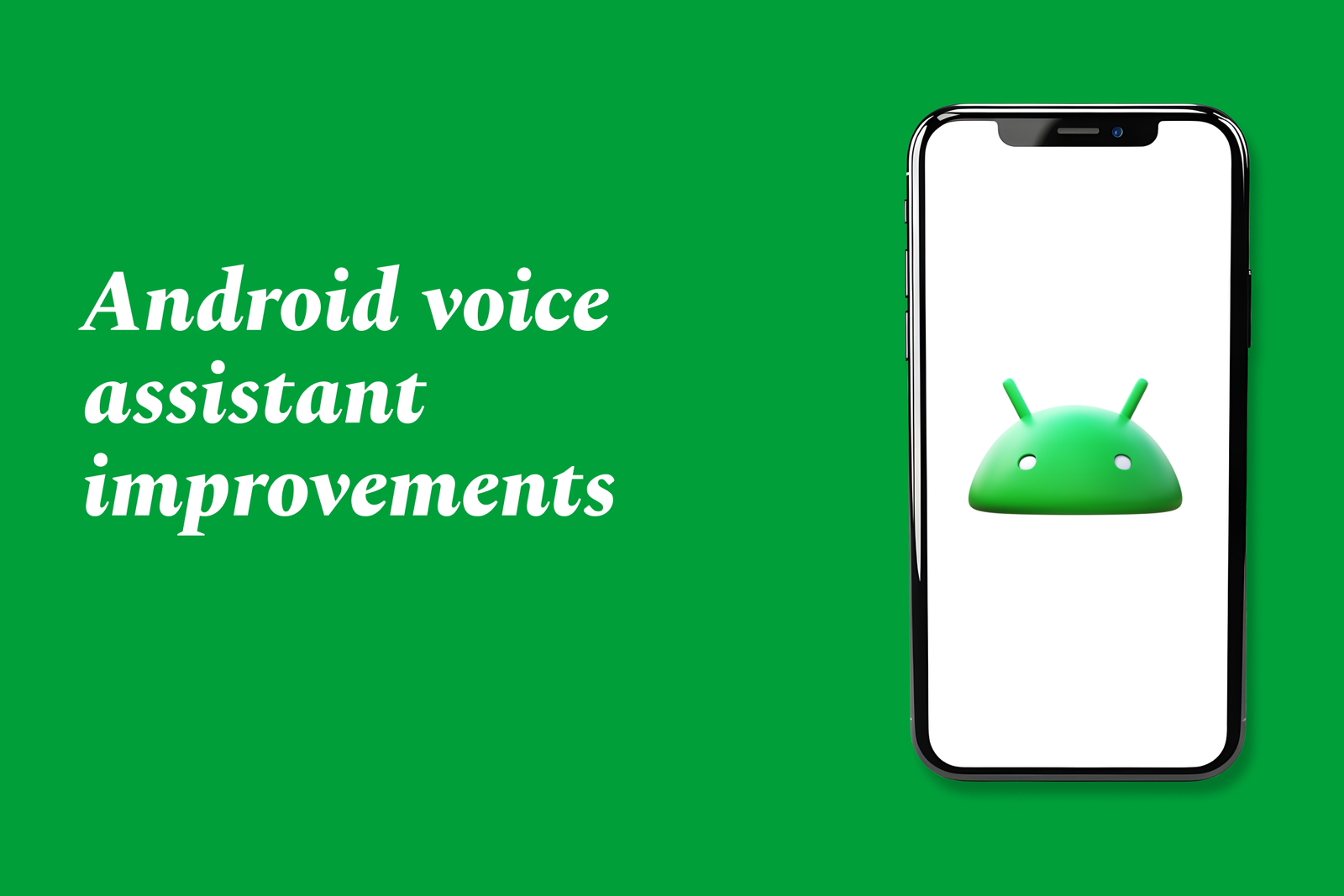Android Offline Mode Improvements
Android offline mode improvements enhance app usability by allowing users to access content and features without an internet connection. These updates enable pre-downloading data, reduce dependency on continuous connectivity, and improve user experience during travel or in low-network areas.
Android Offline Mode Improvements
1 ) Introduction to Offline Mode Challenges on Android
Many Android users experience difficulties when trying to access articles or apps in offline mode, especially on devices like e readers where connectivity is limited or unavailable. There has been notable user interest in enhancing offline capabilities to improve usability and accessibility during times without internet access.
2 ) User Feedback and Experiences
Users have expressed frustration over apps that require constant internet connections, such as during air travel without Wi Fi access. Suggestions include implementing offline modes similar to those in simple games like Tetris, allowing users to engage with certain app features without connectivity.
3 ) Technical Considerations for Offline Mode
Implementing offline mode poses challenges, particularly for apps requiring real time data like scenery or content streaming. For instance, simulations or apps that rely heavily on data may require pre downloading large resources, which can be storage intensive. Some users suggest options to download selected regions or content segments to minimize storage impacts.
4 ) Potential Solutions for Offline Mode Enhancements
Enabling users to download necessary data or regions in advance.
Introducing a limit or selective download to balance storage use.
Offering a “solo” or offline mode where users can access limited content without network dependency.
5 ) Benefits of Improved Offline Mode
Enables use of apps in no or poor network conditions.
Improves user experience during travel or in remote areas.
Reduces dependency on continuous internet access, thus expanding app usability.
6 ) Conclusion
The Android offline mode improvements aim to address user needs for uninterrupted access to content, especially in scenarios like on the go or travel without internet. While technical challenges remain, approaches such as downloadable content and offline modes are promising steps towards enhancing Android app functionality without connectivity.
https://justacademy.in/news-detail/android-app-developer-conference-highlights
https://justacademy.in/news-detail/android-battery-health-monitoring-features
https://justacademy.in/news-detail/flutter-for-logistics-and-delivery-apps
https://justacademy.in/news-detail/healthcare-apps-built-with-flutter
https://justacademy.in/news-detail/flutter-on-raspberry-pi:-new-examples
Related Posts
Android language support updates enhance the platform by enabling modern Java 8 features like lambdas and method references within Android Studio, improving code efficiency and developer experience without needing the Jack compiler, streamlining app development and build processes.
In 2025, Android enhances privacy with stricter app permissions, improved data encryption, and advanced APIs that give users greater control over their data. System updates focus on secure media handling and transparent, developer-friendly tools to protect personal information seamlessly.
Android offline mode improvements enhance app usability by allowing users to access content and features without an internet connection. These updates enable pre-downloading data, reduce dependency on continuous connectivity, and improve user experience during travel or in low-network areas.
Google Android ecosystem partnerships unite device makers, developers, carriers, and enterprises to build a flexible, secure platform powering billions of devices worldwide. These collaborations drive innovation, expand app access, and enhance user experiences across diverse Android-powered products.
Android social media app updates enhance user experience with improved features like real-time notifications, AI-driven content discovery, expanded communities, and better multimedia support. These updates ensure smoother interactions, faster info sharing, and more personalized social networking on mobile devices.
Android health and fitness app updates focus on improved data sharing, personalized coaching, and enhanced tracking across devices. Key apps like Health Connect, Samsung Health, and Google Fit offer better privacy controls, seamless integration, and support for diverse wellness goals.
Android's multi-user feature lets multiple people have separate profiles on one device, keeping data and apps separate. Recent updates improve user switching, address bugs like Wallet issues, and optimize performance by suspending inactive profiles for smoother multitasking.
Android voice assistant improvements enhance hands-free control by integrating smarter, more natural voice commands in Android Auto and CarPlay. Upgrades include better music navigation, AI-powered icon recognition for accessibility, and solutions for seamless connectivity, boosting safety and usability.
Android apps integrating blockchain leverage decentralized technology to enhance security, transparency, and trust in transactions and data management. These apps enable secure payments, identity verification, and supply chain tracking, revolutionizing mobile experiences across industries.
Android parental control updates enhance child safety by offering real-time monitoring, app notifications sync, screen time limits, app blocking, precise GPS tracking, and location alerts, enabling parents to manage and protect their children's device usage more effectively and securely.









